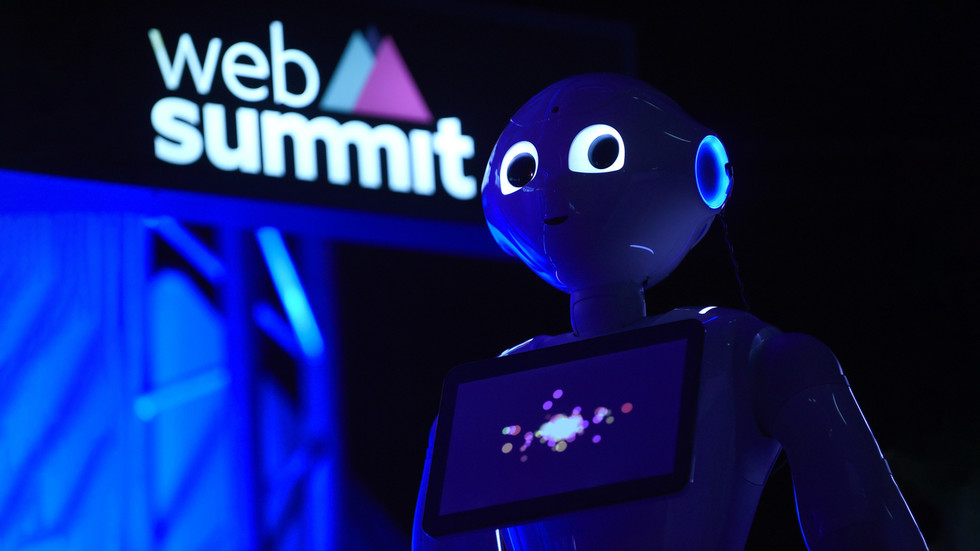Renowned French robotics company Aldebaran, known for its innovative androids designed to recognize human emotions, has fallen into financial turmoil. The company, which pioneered the field of ’empathetic’ humanoid robots in the late 2000s, has been placed into liquidation due to accumulating debt exceeding €60 million ($68 million). This significant setback for the tech industry comes after Aldebaran was initially placed into bankruptcy proceedings in January, followed by receivership the next month.
The receiver, in conjunction with the auctioneer, announced the immediate cessation of activity and termination of contracts for the remaining 106 employees, as stated by Othman Meslouh, deputy secretary of Aldebaran’s social and economic committee (CSE). The Paris Commercial Court validated this decision earlier in the day. The next steps involve the receiver selling off the company’s valuable assets, including patents, to settle the outstanding debts. Recent attempts by takeover contenders, such as Franco-Swiss businessman Jean-Marie Van Appelghem and Canadian investor Malik Bachouchi, were unsuccessful, with the former not receiving backing from the receiver and management, and the latter being rejected by the court.
Aldebaran’s history is marked by significant milestones, particularly during its ownership by Japan’s Softbank Robotics Group from 2012 to 2022, considered the company’s heyday. However, after being acquired by the German company United Robotics Group (URG), a subsidiary of the RAG-Stiftung, the situation began to deteriorate. According to Meslouh, the new owner “no longer wanted to invest in the company.” This sentiment was echoed by an anonymous employee, who noted that URG demanded profitability within two years, an unrealistic expectation given that development cycles typically take five to seven years. The employee also expressed that the owner underinvested in Aldebaran’s research and development, contributing to its decline.
The company had made notable contributions to the robotics field, introducing its first humanoid robot, Nao, in the late 2000s. Nao was touted as a versatile educational companion, widely used in classrooms and research labs for teaching programming, fostering social learning, and supporting research projects. Subsequent models, such as Plato and Pepper, were designed for healthcare, hospitality, and customer-facing roles, with Pepper being particularly notable for its ability to recognize and respond to human emotions. Despite these innovations, the total number of units sold was relatively low, with estimates suggesting only 30,000 units were sold across more than 70 countries where the robots were applied.
The liquidation of Aldebaran marks a significant turning point in the robotics industry, highlighting the challenges companies face in balancing innovation with financial sustainability. As the world continues to embrace technological advancements, the story of Aldebaran serves as a reminder of the complexities and risks involved in pioneering new technologies. The fate of Aldebaran’s assets and the future of its groundbreaking research remain uncertain, leaving many to ponder the potential consequences of this outcome for the broader tech community.









